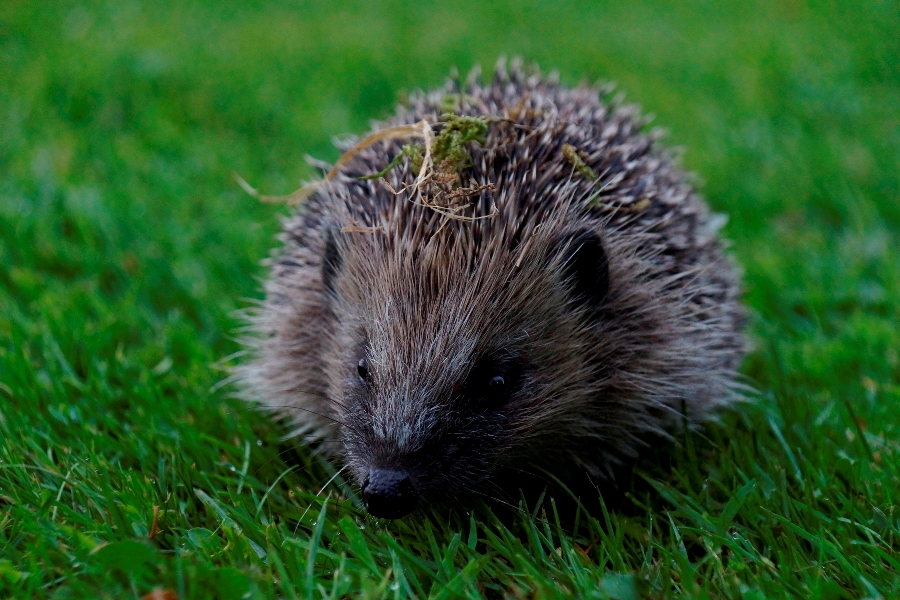National Hedgehog Survey

We need your help to carry out a survey of hedgehogs across sites in England and Wales.
What was the National Hedgehog Survey?
Long-term studies by ourselves, People’s Trust for Endangered Species, and the British Trust for Ornithology have found that hedgehogs have undergone a drastic decline within Britain over the last two decades (see State of Britain’s Hedgehogs 2011). Our humble hedgehog is now listed as a species of principal importance to protect.
That is why the National Hedgehog Survey was carried out by University of Reading and Nottingham Trent University, in collaboration with British Hedgehog Preservation Society and People’s Trust for Endangered Species.
Until recently it has been difficult to find out how our nations’ hedgehogs are being affected by certain factors because of the lack of a suitable and reliable technique to study them. However, a recent pilot study by The Mammal Society, the University of Reading and Nottingham Trent University has demonstrated that special ‘footprint-tunnels’ meet this need.
The survey has now closed and we are in the process of analysing the data.
Why are hedgehogs in severe decline?
The devastating loss of this iconic British animal is potentially linked to a range of factors that this survey is investigating, including:
- Agricultural intensification:
Modern farming is associated with practices that are likely to have negatively affected hedgehogs, such as the destruction of hedgerows to create larger fields and the use of chemicals which might reduce the availability of their insect and other bug prey. - An increase in badgers:
Badgers are the only animals that can unroll and kill hedgehogs. Their numbers have increased by more than 85% since the mid-1980s. - An increase in roads and traffic:
Collisions with vehicles is one of the most common forms of mortality in hedgehog populations. Roads may also act as barriers to the movement of hedgehogs, isolating populations and making them more vulnerable to dying off in that area. - Climate change:
Changes to our climate during the summer could reduce the ability of hedgehogs to build up enough fat reserves prior to hibernation. Changes during the winter might make them more likely to come out of hibernation when there is little or no food available. Furthermore, localised flooding is also likely to pose a risk to hedgehogs which are breeding or hibernating in nests on the ground.
What was the survey aiming to find out?
Together we are trying to find out:
- The presence / absence of hedgehogs in rural habitats across England and Wales using footprint-tunnels.
- The importance of different factors such as habitat features, land management practices and badgers, on where hedgehogs are found in rural habitats across England and Wales.
- A baseline measure of hedgehog occupancy at a national level in England and Wales, against which future changes can be measured.
Overall, we aimed to survey a minimum of 400 chosen sites across England and Wales during the summers of 2014 and 2015.
The data is currently being processed and once analysed will empower us to take suitable urgent action where it is most needed to save hedgehogs.
Other ways to help and record hedgehogs
We have a number of other simple ways you can help us to record and save hedgehogs before it is too late.
- Add one off sightings and map holes on our new BIG hedgehog map on the Hedgehog Street site.
- Become a Hedgehog Champion for your neighbourhood via Hedgehog Street. Make a simple hole in your fence for hedgehogs and lots of other ways to help.
- Help us to continue our species saving work by making a gift to pay for a hedgehog footprint tunnel or other equipment.
Thank you.
